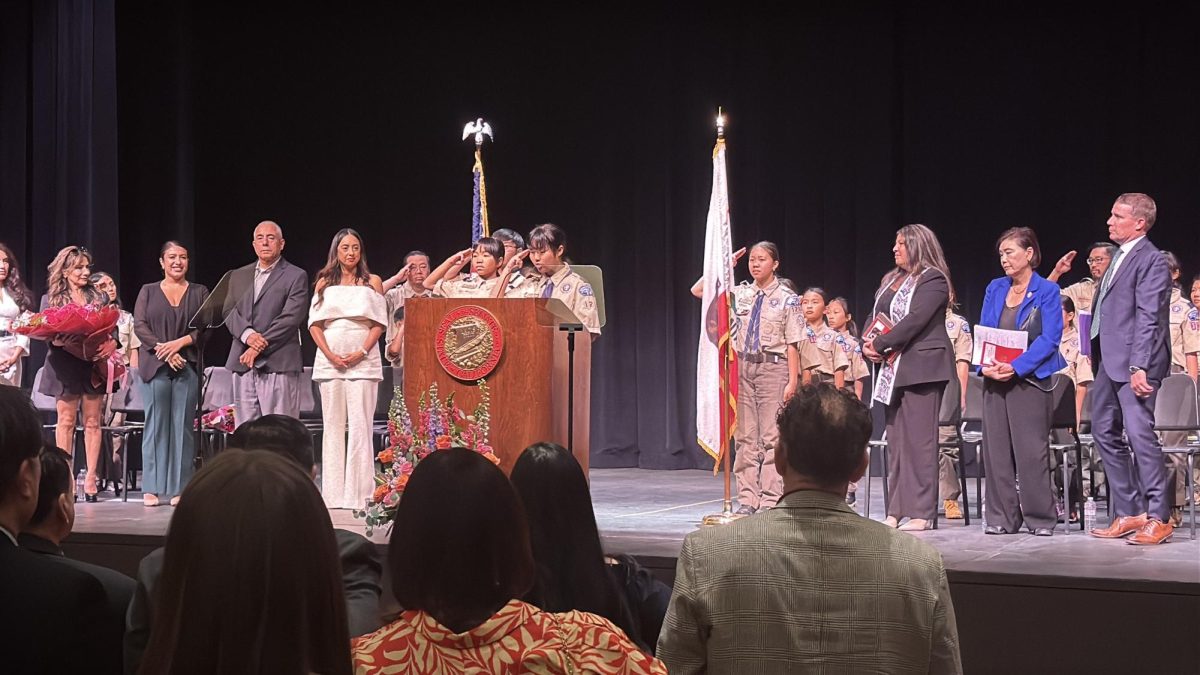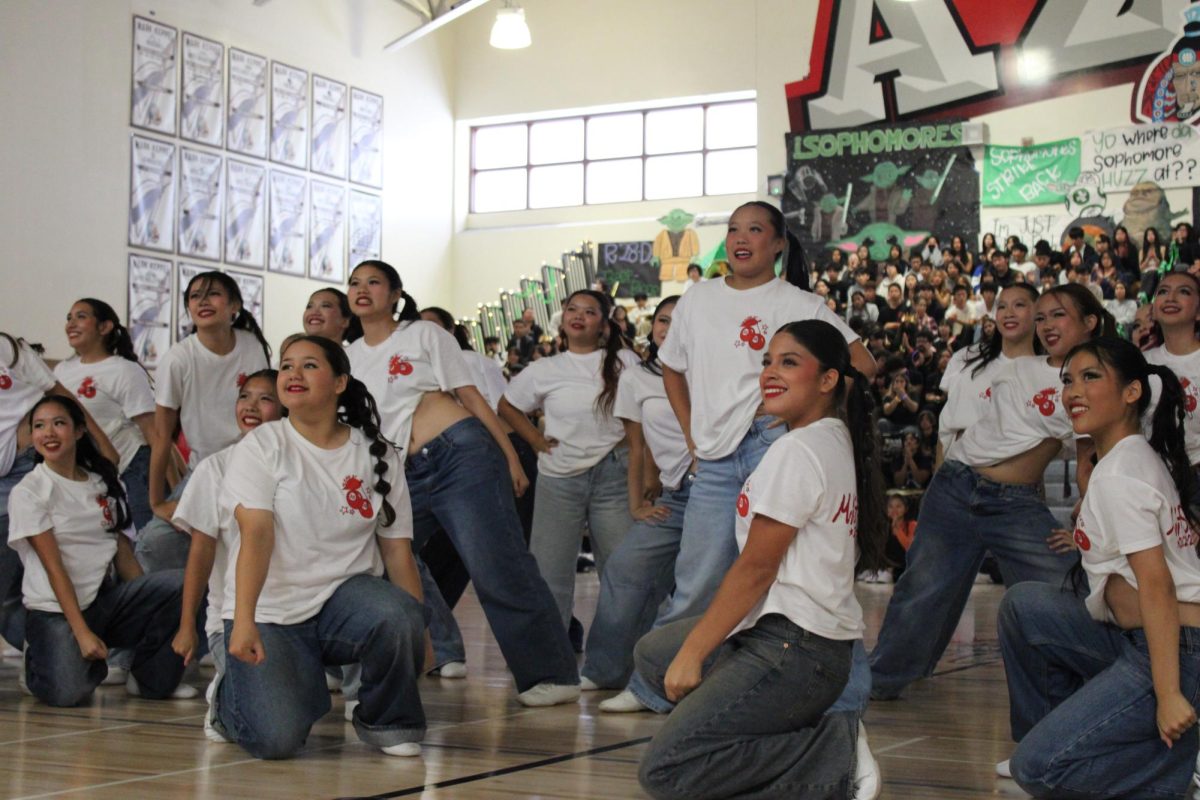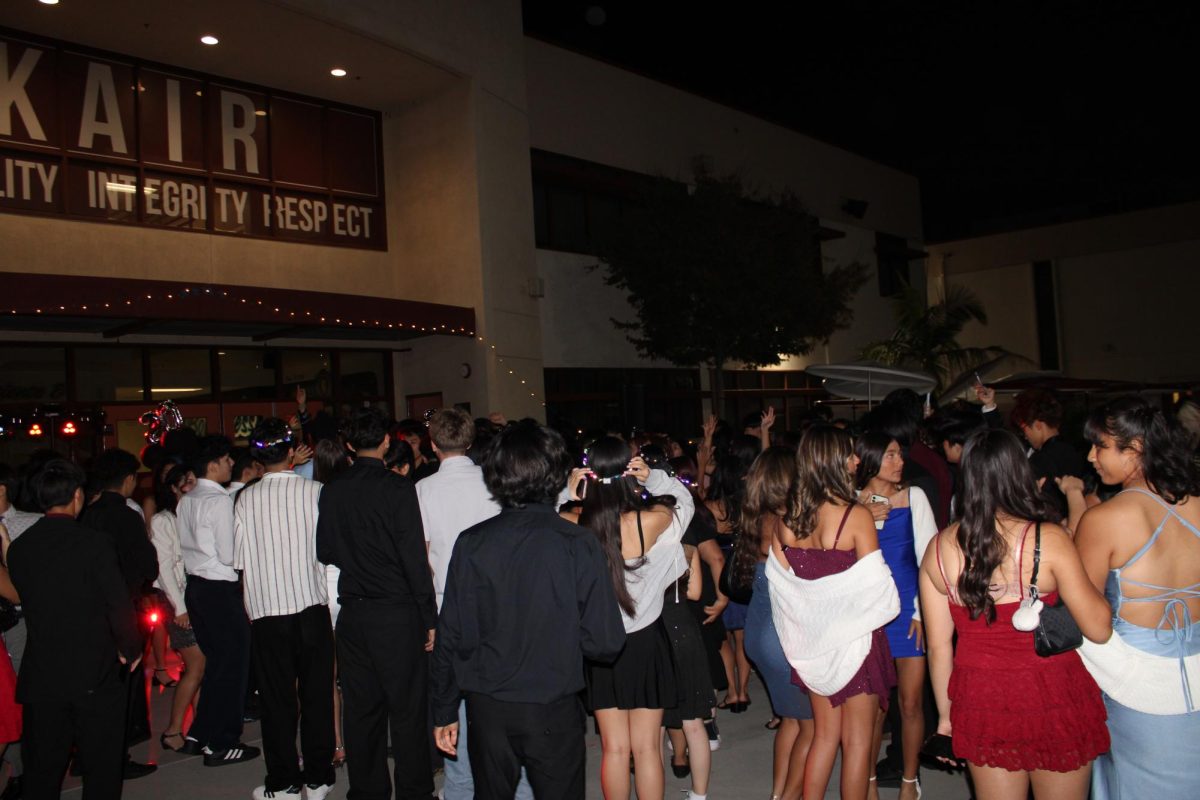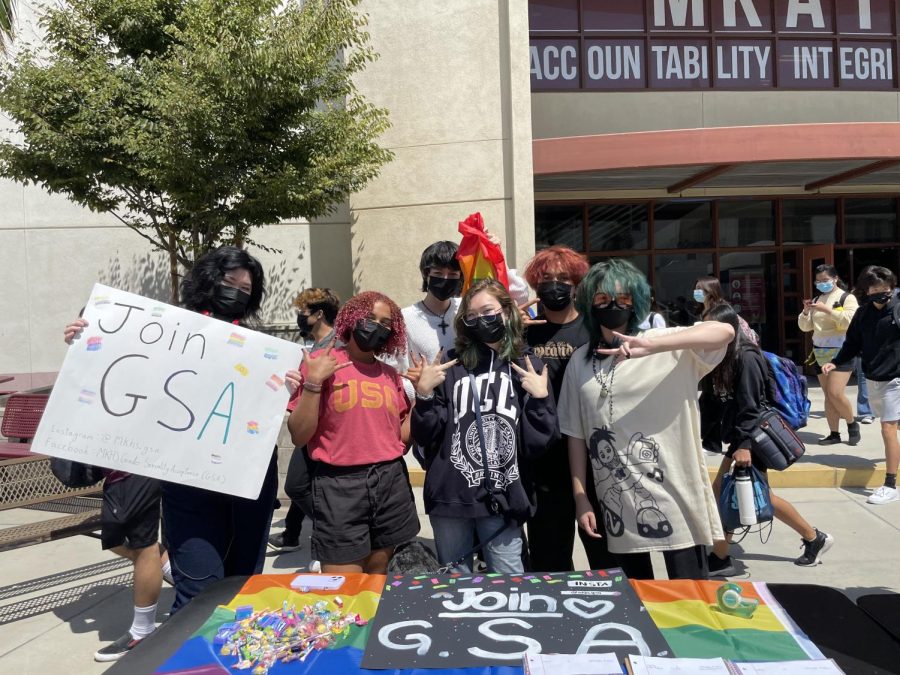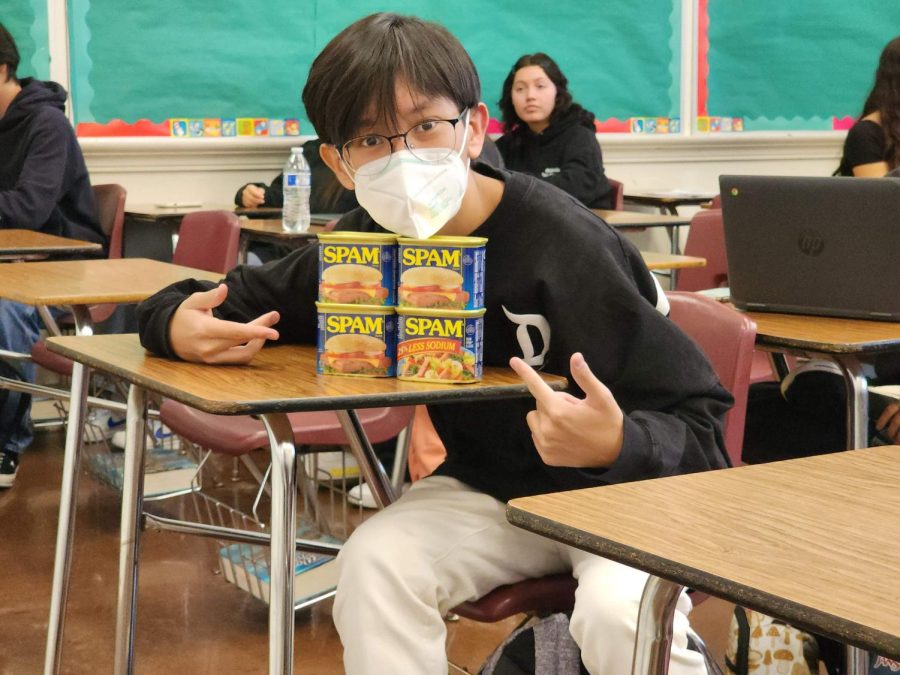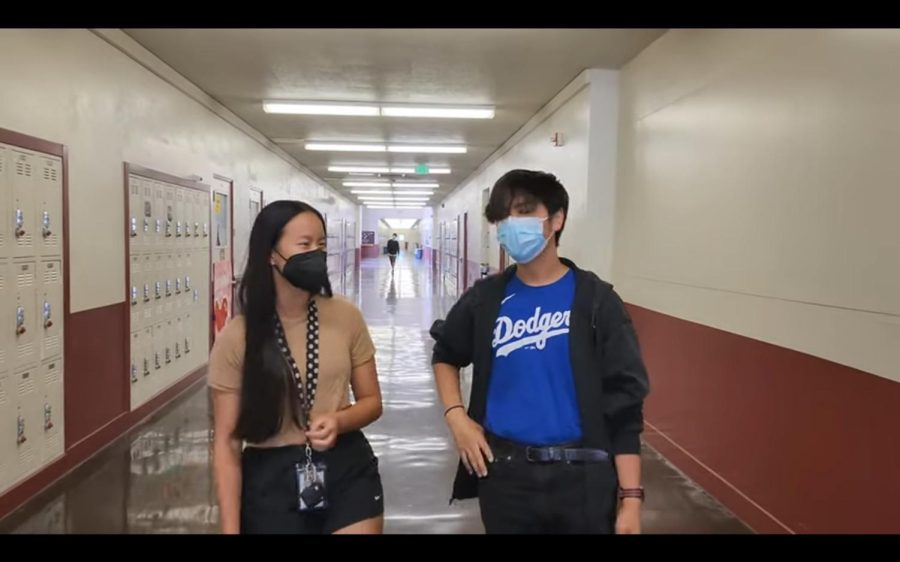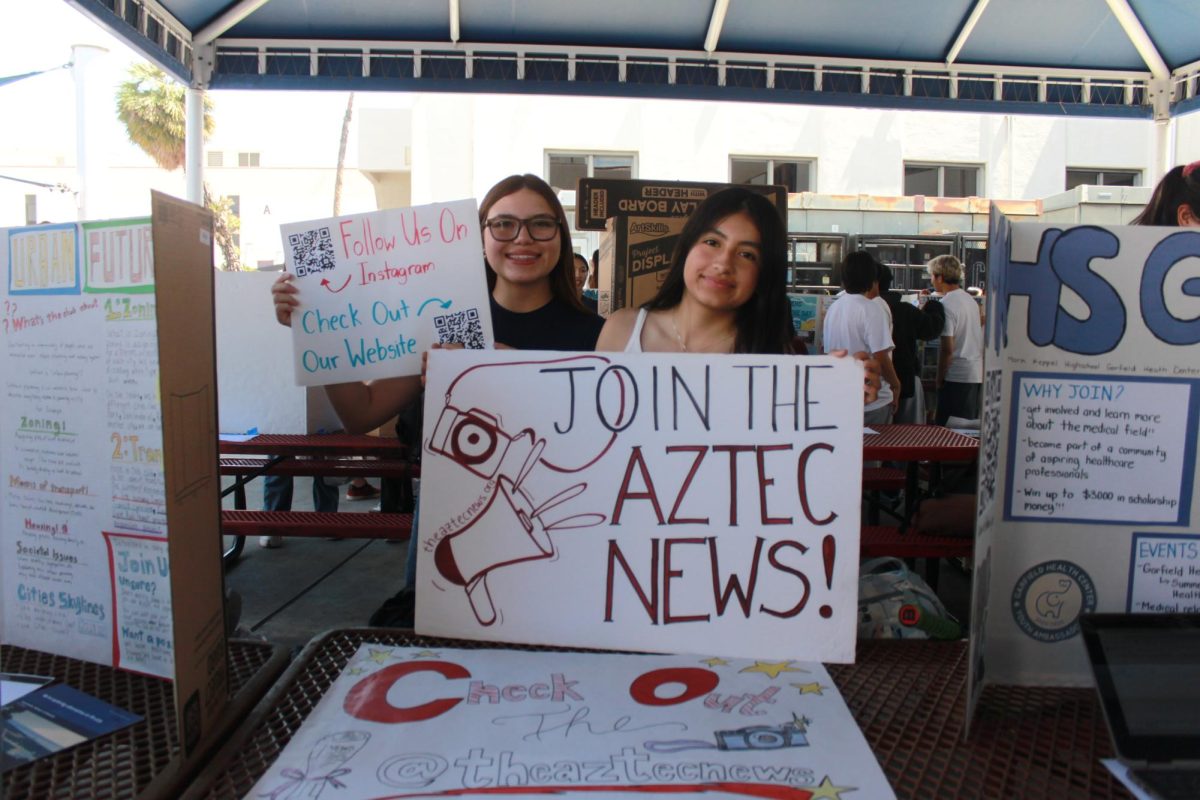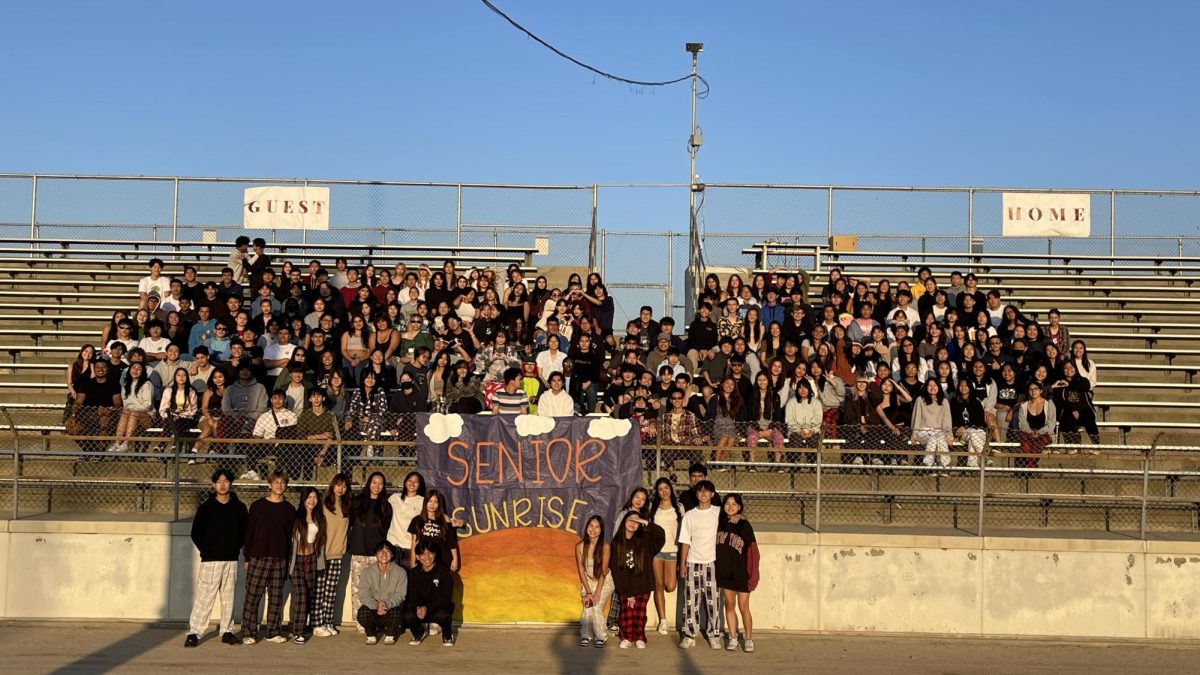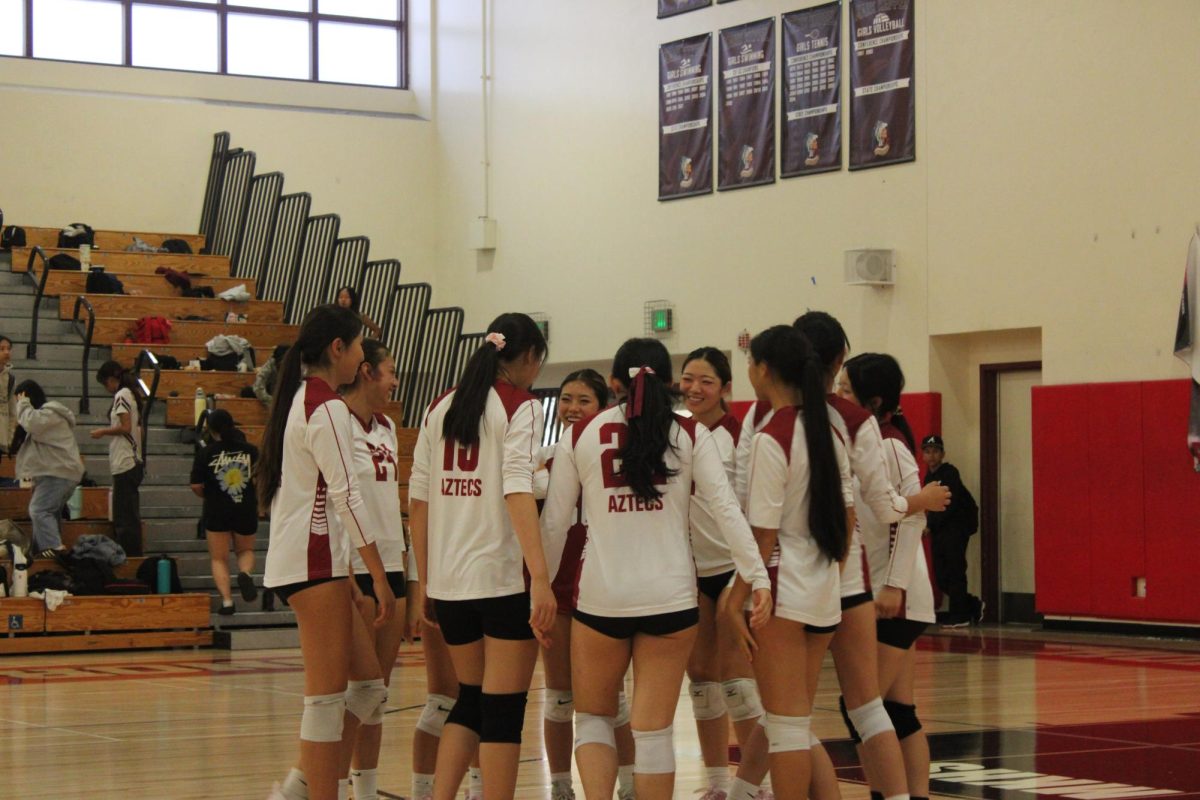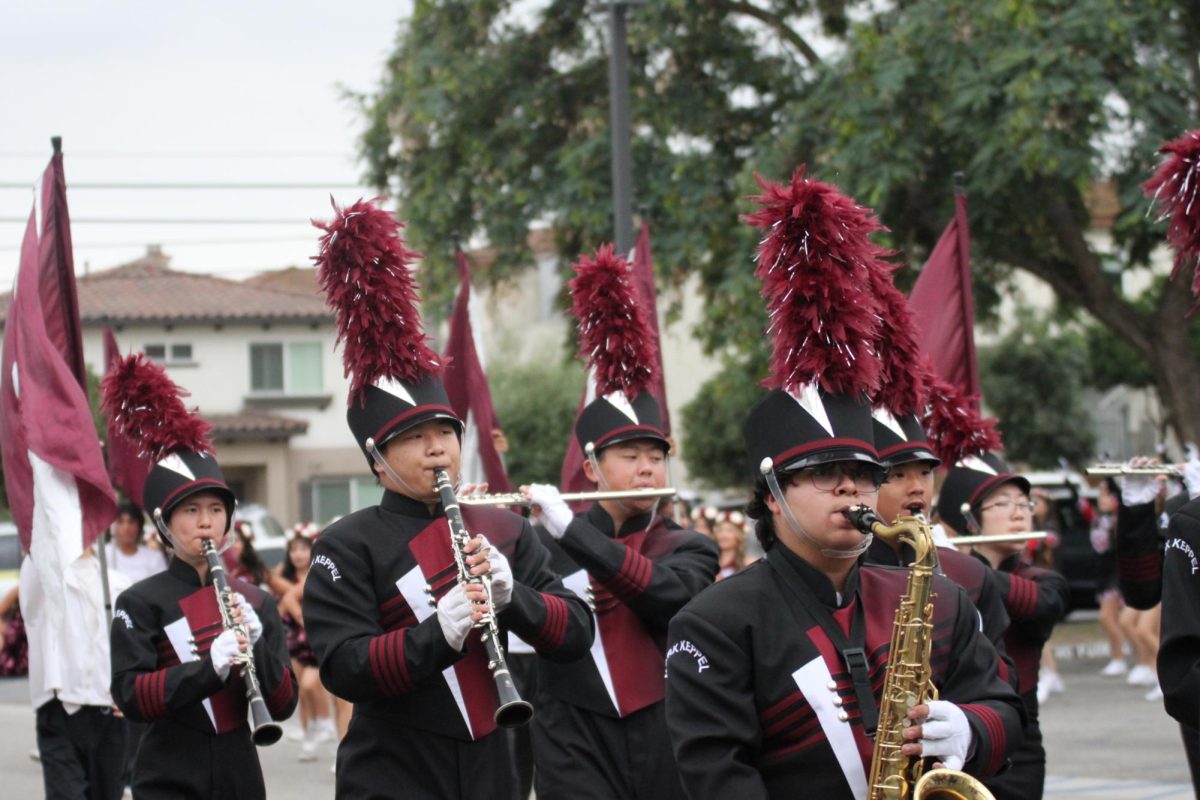Unrest In Brazil
February 14, 2023
On January 8, 2023, thousands of loyalists of former Brazilian president Jair Bolsonaro, stormed the Presidential Palace, National Congress, and the Federal Supreme Court. The loyalists demanded for a military intervention to expel newly inaugurated president, Luiz Inácio Lula da Silva, also known as Lula. During the nearly five hours of unrest in Brazil’s capital, Brasília, federal buildings underwent severe damage, firearms were stolen, and vandalism occurred. After the riot, over 1500 people were arrested according to the Brazilian Minister of Justice, and at least 80 people were injured. The unrest in Brasília came just a week after President Luiz Inácio Lula da Silva took office on January 1, 2023.
This unrest in Brazil’s capital came after Luiz Inácio Lula da Silva won the 2022 presidential election in Brazil by a 1.8% margin and the preexisting polarization in the country between supporters of Bolsonaro from the Liberal Party and supporters of Lula from the Workers’ Party. During the election period, political violence also became a frequent occurrence with numerous murders and assaults usually against the Workers’ Party. In addition, there were over 1,100 reports of voter intimidation with instances of workers being forced to vote for Bolsonaro or face termination from employment and wear pro-Bolsonaro attire at work. On election day, in many rural areas where people favored Lula, police stops disproportionately occurred and multiple roadblocks were deployed by the Federal Highway Police.
In response to the attack in the Federal District, the Brazilian Chamber of Deputies approved President Lula’s decree for federal intervention in the Federal District until January 31. In addition, Lula announced a statement condemning the rioters saying, “It is necessary that these people are punished in an exemplary way, that these people are punished in such a way that nobody will ever again dare to wear the national flag on their back or the shirt of the Brazilian national team in order to pretend to be a nationalist,” He also mentioned the “incompetence” of the Military Police and expressed his determination for finding and punishing those responsible. Lula also suspects that those supporting the event were illegal miners, loggers, and agribusinesses.
To repudiate, João Paulo Rodrigues on behalf of MST (Landless Workers’ Movement) national leadership, one of the largest social organizations in Brazil, called on popular movements, parties, and unions to partake in mobilizations across every capital in the country. In response, thousands rallied across the country with many expressing their support for President Lula and for the punishment of the rioters.
In addition, many notable Latin American leaders have expressed their support for President Lula and the people of Brazil. Mexico’s President Andrés Manuel López Obrador stated on Twitter, “Lula is not alone, he has the support of the progressive forces of his country, of Mexico, of the American continent and of the world,”
President Xiomara Castro of Honduras announced on Twitter stating, “On behalf of the people of Honduras, I express my unconditional support for President Luiz Inácio Lula da Silva against fascism already defeated in Brazil” and calling on other Latin American presidents to “move to Brazil if necessary to defend democracy.”
Recently elected President Gustavo Petro of Colombia has also announced his support for President Lula. “All my solidarity to Lula and to the people of Brazil. Fascism decides to carry out a coup. The rights have not been able to maintain the pact of non-violence. It is urgent that the OAS meet if it wants to continue to live as an institution and apply the democratic charter.”


